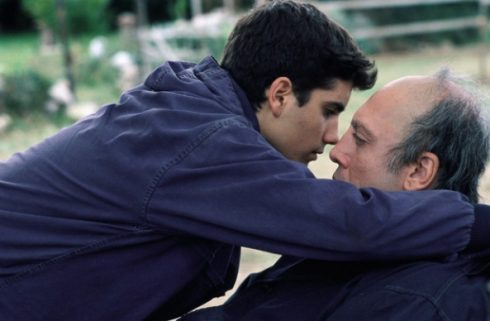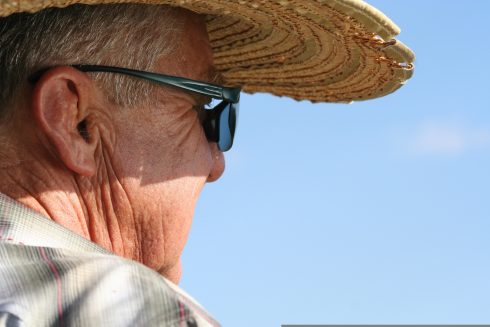A NEW assisted suicide law came into effect on Friday, making Spain the fourth country in the European Union to legalise euthanasia.
Parliament gave final approval for the bill on March 18 which allows people with ‘serious and incurable’ diseases or a condition which is ‘chronic or incapacitating’ and causing ‘intolerable suffering’ to request help to die.
The legislation which entered into force on Friday, June 24 has been called ‘essential’ by the leftwing and centrist parties who backed it.
The move sees Spain become the fourth country in Europe to decriminalise assisted suicide, alongside the Netherlands, Belgium and Luxembourg.
There will be strict conditions that must be met before a patient can choose to end their life, including being a Spanish national or legal resident and being ‘fully aware and conscious’ when they request the procedure.
The request to end their life must be submitted twice, 15 days apart and must be approved by a second medic and an evaluation body.
Requests can be turned down if they do not meet the criteria set out.
It comes as Spaniards, who have the world’s fourth-highest life expectancy, voted in favour of decriminalising the practice in a 2019 opinion poll.

What will the new euthanasia law allow?
The euthanasia law will allow persons of legal age who suffer ‘a serious and incurable disease’ or a ‘serious, chronic and incapacitating condition’ that affects autonomy and that causes ‘constant and intolerable physical or psychological suffering’help to die.
Who can request euthanasia?
Anyone who has Spanish nationality or legal residence in Spain can have access to it. An applicant must also be of legal age and be ‘fully aware and conscious’. The application can be withdrawn at any point if the applicant changes their mind.
In addition, the patient must have access to all the medical information and be informed of all alternatives and treatments. They must fill out two forms, within 15 days of each other, voluntarily stating their consent and the doctor must certify that the patient suffers from a serious and incurable disease or suffers from a serious, chronic and disabling disease.
Regulation
After the patient submits their wish to die, medical professionals will have 10 days to decide whether to approve the application. To regulate this, each autonomous community will have an Evaluation and Monitoring Commission for a first review and then a second review will be carried out.
The process can be carried out either at hospital or at home.
If a patient requests euthaniasia, the doctor in charge will stay with them until the moment of their death.
If, on the other hand, a patient wants an assisted suicide, the patient will be the one who administers the substance themselves and will be under observation until the moment of their death.
If the patient himself is not in a position to request euthanasia due to a disability, but has been able to put his wish in writing, a family member who acts as legal representative will be able to assist.
Special features and exceptions
If a doctor does not believe that the patient will live long enough to complete the whole process, the application could be sped up.
Under no circumstances may a minor be euthanized, nor may their parents request it for a child.
The law dictates that health professionals have the ‘the right not to meet the demands and complete any action regulated in this law that is incompatible with their own beliefs’ .
READ MORE:











